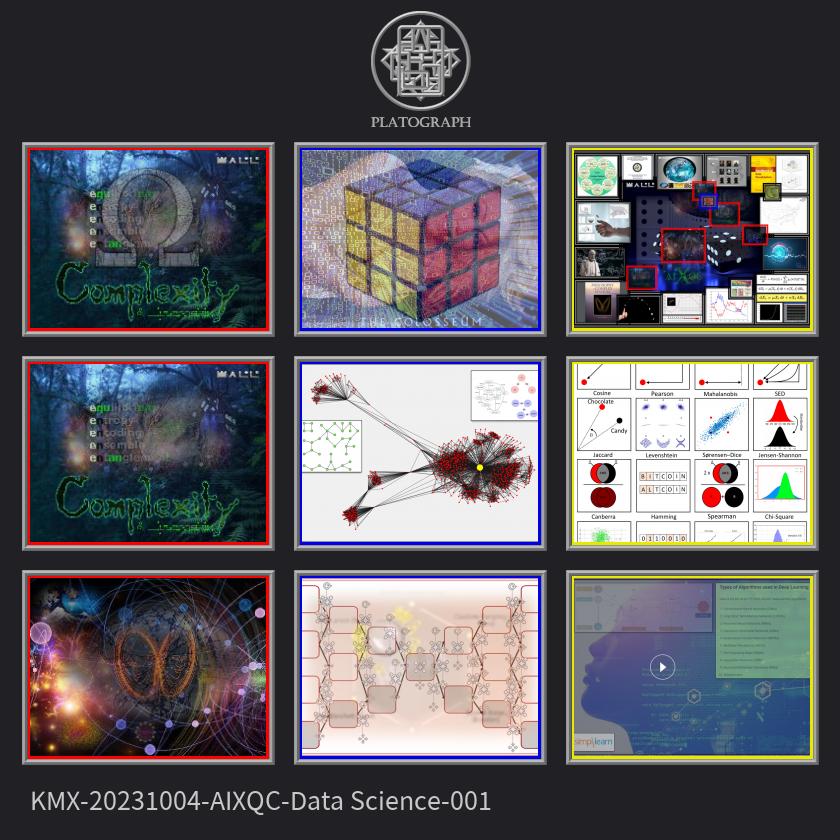
The general discussion from the above documents revolves around the concepts of randomness, unpredictability, probability, and entropy in dealing with big data and complex dynamic systems. It explores the role of algorithms in artificial intelligence (AI) and quantum computing (QC) in making sense of this data.
The documents also touch upon various topics such as hidden-variable theories, white noise, fractal/chaos, pattern/order, causation/correlation/condition, statistical models, parameter estimation, stochastic dynamics, ergodicity, and singularity. They highlight the potential of quantum computing and AI algorithms to handle the curse of dimensionality and move beyond traditional approaches.
Additionally, there are discussions on the impact of big data on innovation and learning, the use of swarm intelligence in logistics, essential graph algorithms for data scientists, deep learning algorithms, and similarity/dissimilarity measures in data science.
Overall, the documents provide insights into the complexities of dealing with big data, the importance of understanding probabilities and statistics, and the potential of AI and quantum computing in analyzing and interpreting complex dynamic systems.
隨著數據量的不斷增加和複雜動態系統的出現,人工智能(AI)和量子計算(QC)的算法在處理大數據方面變得越來越重要。 隨機性、不可預測性和概率是這一領域中的重要概念。自然界的隨機性是無法精確預測的,也過於複雜。在高階動態中存在著隱變量理論、時間/頻率謎題、白噪聲、分形/混沌、模式/秩序和熵等概念。同時,概率測度也在數學家的想像中形成了描述隨機現象的公式。 結合概率和統計,我們可以探索數據結構、概率測度和分布函數、因果關係/相關性/條件、統計模型和參數估計等統計謎題。熵和信息也是這一領域中的重要概念。同時,隨機動力學和隨機過程的研究也十分關鍵。 量子計算的興起將使得人工智能能夠更好地應對微觀不確定性到宏觀混沌的挑戰,突破維度的限制,並超越傳統算法和機器。 然而,隨著大數據的普及,我們也面臨一個問題:當一切都被"優化"時,我們失去了探索的樂趣和創新的可能性。 群體智慧在物流領域中也有應用,在瑞典國防研究機構做了相關研究。 最後,我們了解到在數據科學中有許多相似性和差異性的衡量方法可以使用。 總之,AI和QC的算法在處理大數據的複雜動態系統方面有著重要的應用價值。隨機性、概率、統計和信息理論是這一領域中的關鍵概念。隨著量子計算的發展,我們有望進一步突破傳統算法和機器的限制。然而,同時我們也要警惕大數據帶來的優化困境,並結合群體智慧來創造更多的探索和創新可能性。另外,數據科學中還有許多衡量相似性和差異性的方法可以應用。 (總字數:298字
